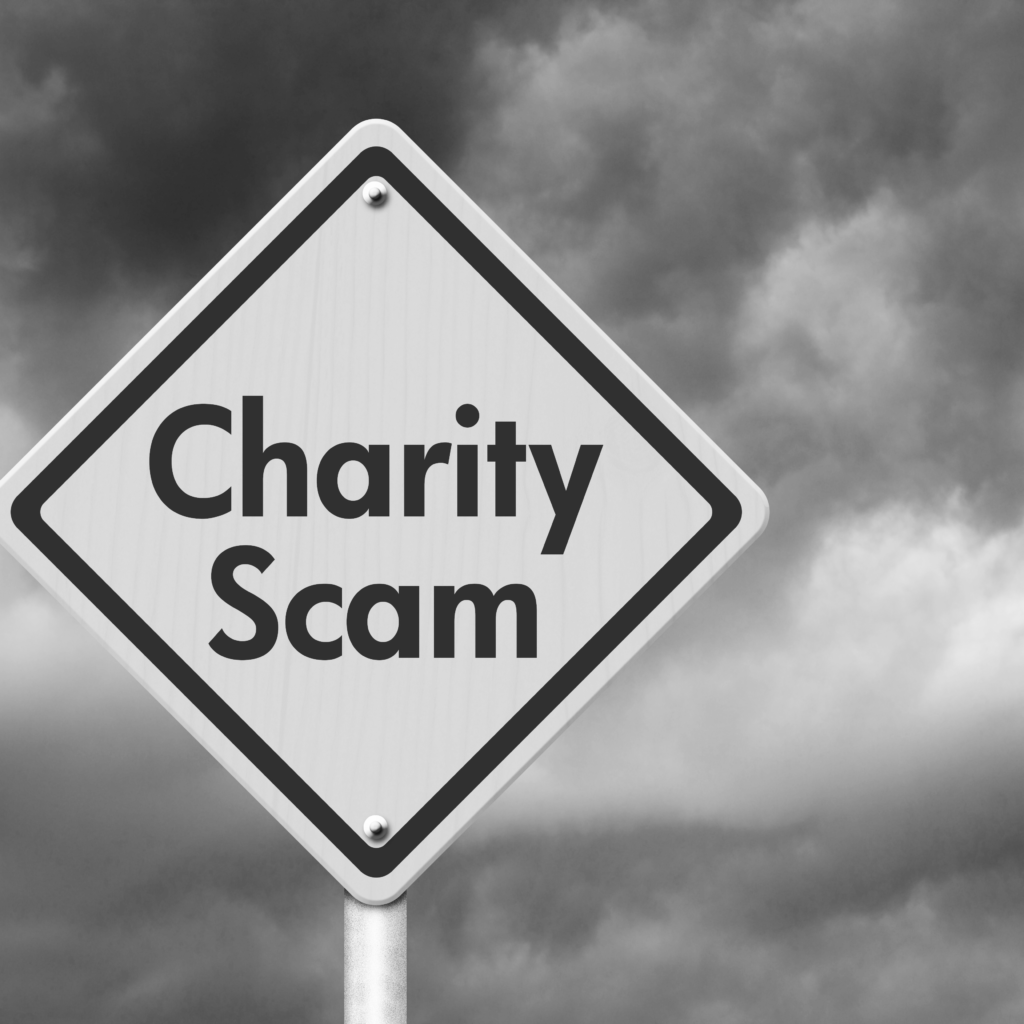The IRS recently warned consumers of possible fake charity scams relating to recent South Carolina flood victim relief. Following natural disasters or catastrophic events, scam artists often impersonate charities to collect money or personal data from well-intentioned donors.
Whether donating to assist after a specific crisis, or with recurring planned gifts, one can take steps to help ensure money is going to legitimate and tax-deductible eligible charities. Tools exist online to check the status of charitable organizations.
The IRS website has a search feature, Exempt Organizations Select Check, through which people may find legitimate, qualified charities; donations to these charities may be tax-deductible. The tool allows you to search by tax id number, organization name or location.
An outline of the best ways you can assist individuals and communities who are impacted by a disaster may also be found on the Federal Emergency Management Agency (FEMA) website.
THE IRS ALSO RECOMMENDS THE FOLLOWING STEPS:
-Be wary of charities with names that are similar to familiar or nationally known organizations.
-Don’t give out personal financial information — such as Social Security numbers or credit card and bank account numbers and passwords — to anyone who solicits a contribution from you. Scam artists may use this information to steal your identity and money.
-Don’t give or send cash. For security and tax record purposes, contribute by check or credit card or another way that provides documentation of the gift.
Taxpayers suspecting disaster-related frauds by email should visit the IRS site for reporting online scams.




